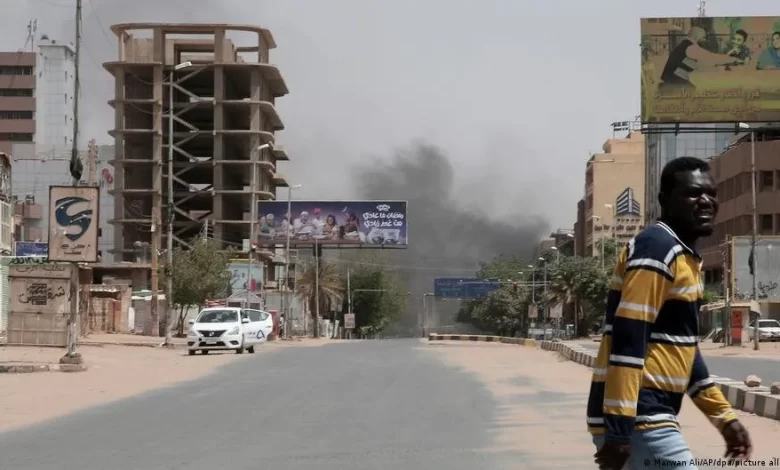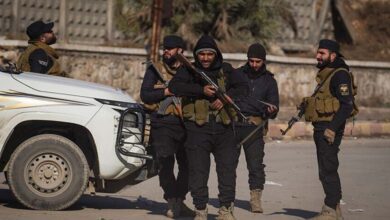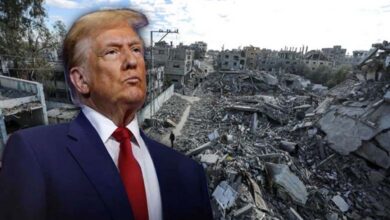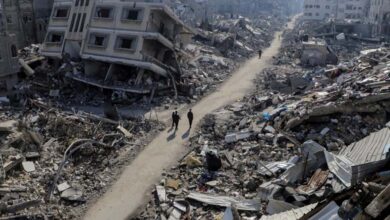The Sudanese War… A continuous threat to the medical situation in Khartoum
Clashes persist between the army and the Rapid Support Forces in Sudan

Khartoum has become a ghost city amidst an ongoing war that has been raging for the past 4 months between the Rapid Support Forces and the Sudanese Army. This has resulted in the collapse of all sectors in the country. Since the outbreak of the war in mid-April last year, the healthcare sector in Sudan has been subjected to aerial bombardments, rendering over 90% of hospitals out of service.
Only a few hospitals in Sudan remain, fighting to survive amidst the continuous war. The healthcare sector is one of the most severely affected issues in Sudan.
Consecutive attacks on medical teams have put the remaining functioning hospitals in Khartoum at risk. Médecins Sans Frontières (Doctors Without Borders), a medical humanitarian organization, had its staff attacked by armed individuals, reflecting the escalating violence against healthcare workers in Khartoum, jeopardizing the few hospitals that are still operational in the capital city.
The organization stated that they were attacked just 700 meters away from the Turkish hospital, one of the only two hospitals still functioning in South Khartoum after other hospitals had to close during almost 100 days of fighting. They fear that they might not be able to maintain their presence in the hospital as they continue to perform surgeries and treat chronic diseases while also receiving around 15 wounded patients every day due to the ongoing conflict.
Doctors Without Borders warns that in order to save people’s lives, their staff should not be put in danger, and if incidents like these continue to hinder their ability to transport supplies, their presence at the Turkish hospital will soon become unsustainable.
Between June 28 and July 11, there have been at least 9 attacks on healthcare workers or hospitals in Sudan, according to “incoming international reports” shedding light on attacks on healthcare systems in conflict zones.
The Sudanese Army announced that 5 civilians were killed and 22 others injured at the Armed Forces Medical Compound in Omdurman, west of Khartoum, due to a drone strike. The Emergency and Injuries Complex at the Armed Forces Medical Compound in Omdurman was targeted by a drone, resulting in the deaths of 5 patients and injuries to 22, most of whom were civilians. The Armed Forces Medical Compound in Omdurman is affiliated with the Sudanese Army and houses the deposed President Omar al-Bashir and some elements of the former regime, according to government officials.
Doctors in Sudan seem to be trapped in hospitals without electricity or water, while other patients in need of medical care are being evacuated.
The impact of the war on hospitals is evident. In May, Sudan’s Health Minister, Haytham Mohammed Ibrahim, revealed that 125 hospitals in Khartoum were affected by the clashes, with damaged electricity and water systems, in addition to a severe shortage of necessary equipment for cancer hospitals.
Experts have also warned of a major health and environmental disaster due to decomposing bodies that remained on public roads in central Khartoum for several days before the Sudanese Red Crescent and other voluntary organizations could bury some of them.
The Sudanese Central Committee of Health Officers has warned of the deteriorating health and environmental conditions caused by the war in the country, citing serious risks to public health and the environment due to the accumulation of waste and the bodies of victims, some of which were buried inside houses and on internal roads in residential areas.












